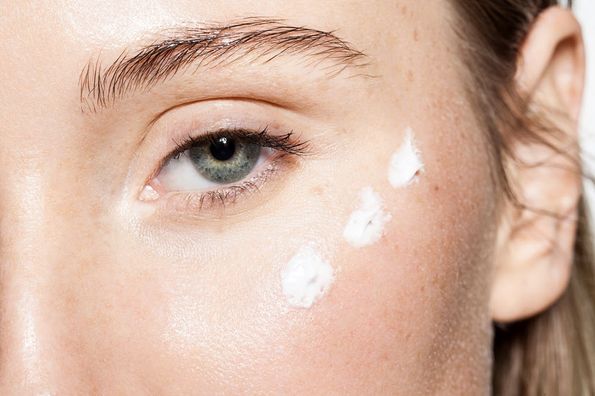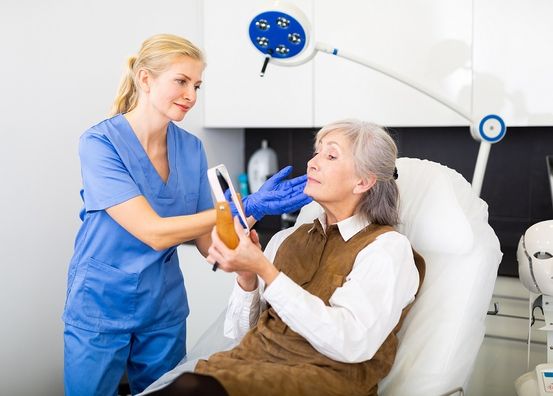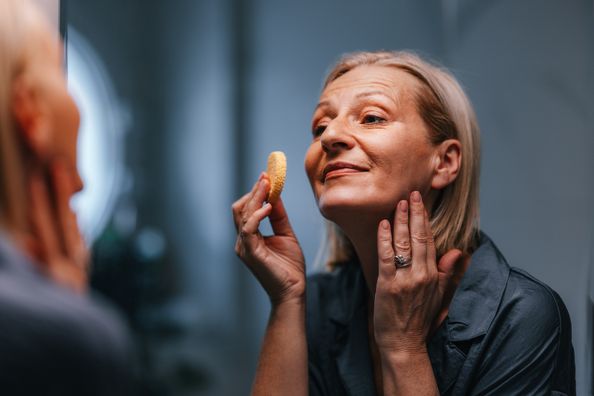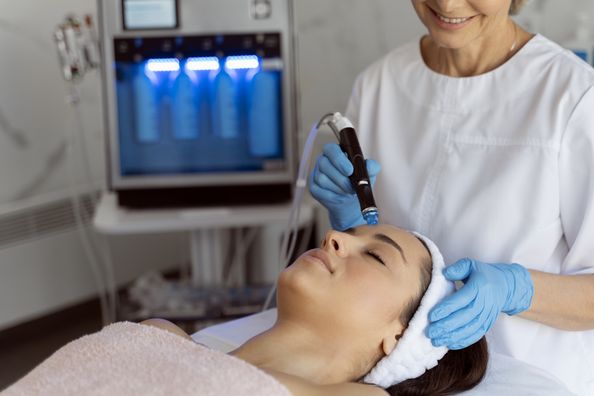The active ingredients in sunscreens are among the few ingredients in skin care products regulated by the FDA, but sunscreens are not required to be tested for use around the eyes.
Unfortunately, the eye area is extremely susceptible to sun damage. The skin around the eyes is the thinnest on the face, so UV-induced signs of aging often appear in this area sooner than the rest of the face. Wearing sunglasses shouldn’t be your only line of defense in this area. The eyelid region is one of the most common sites for non- melanoma skin cancers. In fact, skin cancers of the eyelid, including basal cell carcinoma (BCC), squamous cell carcinoma (SCC), and melanoma, account for five to 10 percent of all skin cancers. Ninety five percent of these tumors are basal cell carcinomas or squamous cell carcinomas.
The rapid rise in skin cancer is of great concern to dermatologists. Non-melanoma skin cancers, including basal cell carcinoma and squamous cell carcinoma, have the highest incidence rates of any cancers in the US. Melanoma is currently the sixth most common cancer for men, the seventh most common for women, and one of only three cancers with an increasing mortality rate in men. With eyelid skin cancers there is a significant risk for tissue damage to nearby vital ocular structures and even blindness.
When choosing a sunscreen to use around your eyes, the most important thin is finding a formula that will not cause skin problems or irritation. Since the eye area tends to be thinner and more sensitive than the rest of the face.
We offer a wide variety of sun care products, stop in today!
Health Topics:







